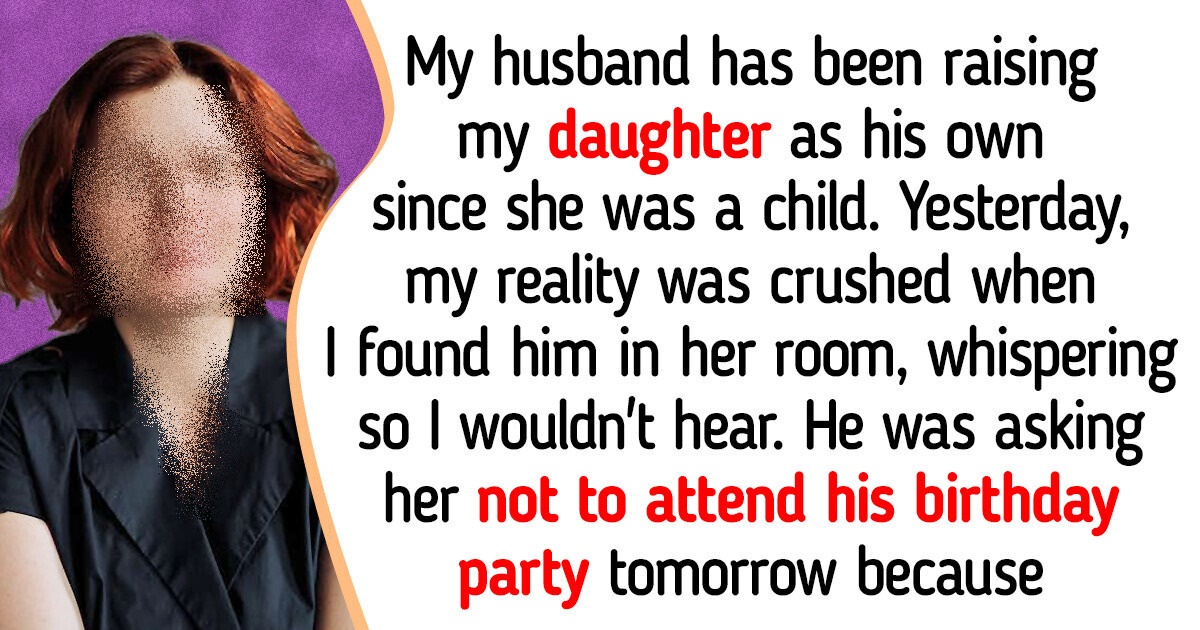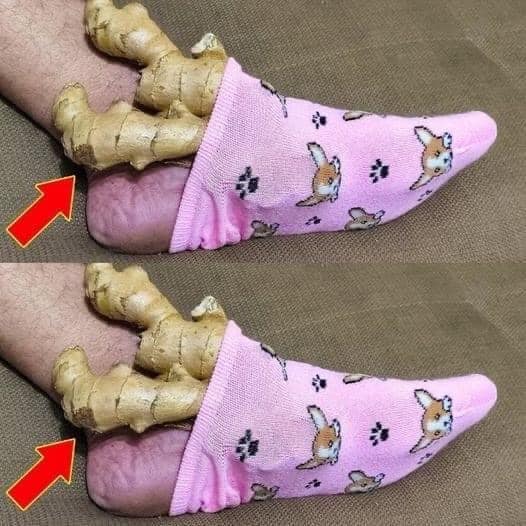In a recent interview, Brad Pitt shared something surprising about himself: he has prosopagnosia, also known as “facial blindness.” This rare neurological condition affects the ability to recognize faces, and it can vary in severity from person to person.
Prosopagnosia can either be congenital or acquired. Congenital prosopagnosia is present from birth and often runs in families. Interestingly, individuals with this condition don’t have any visible brain abnormalities, which makes its exact cause uncertain. On the other hand, acquired prosopagnosia can result from brain injuries or conditions like Alzheimer’s.

One important thing to note is that prosopagnosia is not linked to learning disabilities or memory loss. However, some individuals may experience chronic anxiety or depression due to the social challenges it presents. It can be quite distressing when you struggle to recognize people you should know well.
Currently, there is no known cure for prosopagnosia. However, there are ways to manage and cope with this condition. Individuals with prosopagnosia may learn to differentiate people through alternative cues such as voice or gait. These cues provide valuable information that helps them recognize familiar faces.

If someone suspects they have prosopagnosia, diagnosis usually involves memory and face recognition tests. Neurologists play a crucial role in ruling out other more severe conditions that may have similar symptoms. It’s worth mentioning that many individuals with prosopagnosia may never receive a formal diagnosis, as the challenges they face are quite common.
Despite the daunting effects prosopagnosia can have on some individuals, many find ways to adapt and cope with its social complexities. With understanding and support, it is possible to navigate through life and build meaningful connections even with this condition.





